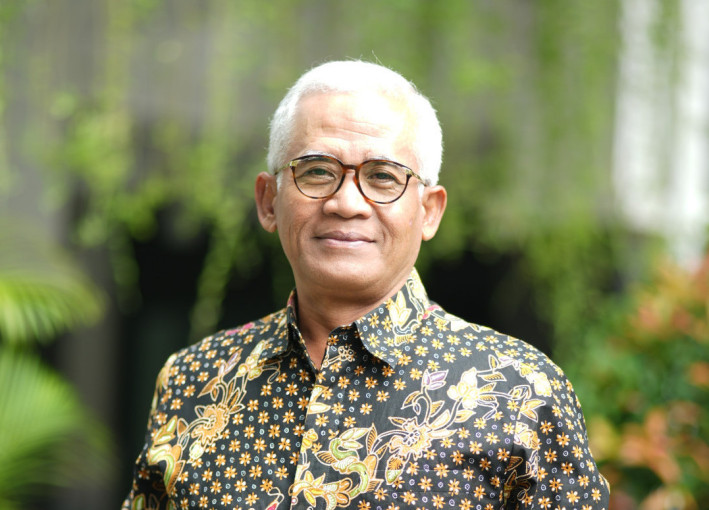
The government plans to impose a 12% Value Added Tax (VAT) on all goods and services, including education, particularly on international-standard schools.
This 12% VAT is scheduled to be implemented starting in January 2025.
Professor R. Agus Sartono at the Faculty of Economics and Business, Universitas Gadjah Mada (FEB UGM), believes that the plan to impose a 12% VAT on the education sector is inappropriate and should be canceled.
He argues that if the tax imposition is enforced, it will worsen access to higher education and further widen the gap between Indonesia and other ASEAN countries.
“Education is a long-term investment and should not be a taxable object. If only we could reduce leakages and corruption, it would more than suffice to fund human resource development. Ignoring the education sector is only a matter of time before we fall even further behind,” said Professor Sartono on Monday (Dec. 23).
Although the 12% VAT imposition targets international-standard education, Professor Sartono acknowledges that this is misguided, especially as the government is actively encouraging Indonesian education to achieve international standards.
On the other hand, several State Universities with Legal Entities (PTN-BH) have long been developing International Undergraduate Programs (IUP). These programs contribute to financing PTN-BHs and attract student exchanges from other countries.
“Through IUP, PTN-BHs are able to provide cross-subsidies for children from economically disadvantaged families, allowing them access to higher education,” he explained.
Professor Sartono added that the presence of foreign students at PTN-BHs also plays a strategic role in the long term. In addition to promoting the export of education services, this also has the potential to produce Indonesianists who will play a significant role in building bilateral relations between countries.
As the Deputy for Education and Religion at the Coordinating Ministry for People’s Welfare from 2010-2014 and the Deputy for Education and Religion at the Coordinating Ministry for Human Development and Cultural Affairs from 2014-2021, Professor Sartono believes that this tax on the education sector comes at an ill-timed moment, especially considering the challenges of limited access to education in the country.
The Statistics Indonesia projects that the population of those aged 19-23 will reach 27.39 million in 2025.
Meanwhile, the gross enrollment rate (GER) for higher education is targeted at 35%, meaning the number of students will reach 9.58 million. This figure highlights the need to expand access to education for 1.27 million students.
“The fundamental question is why, when the government is struggling to expand access, they are instead planning to add a burden in the form of a 12% VAT, not to mention the issue of graduates being unable to be absorbed by industry,” he concluded.
Report by: FEB UGM/Kurnia Ekaptiningrum
Editor: Gusti Grehenson
Post-editor: Afif

